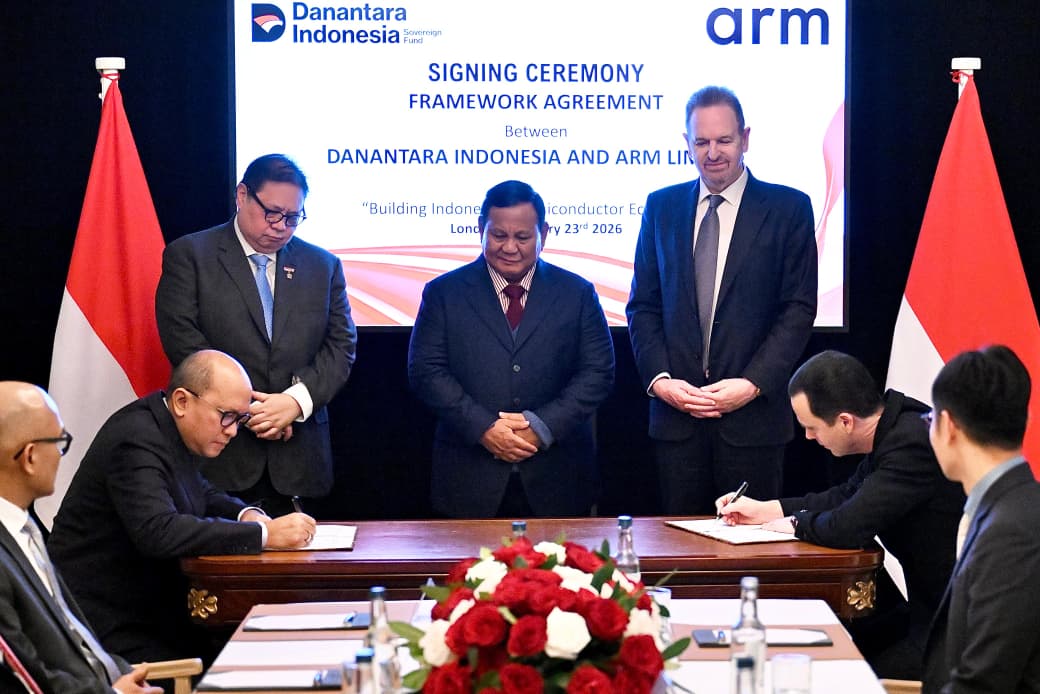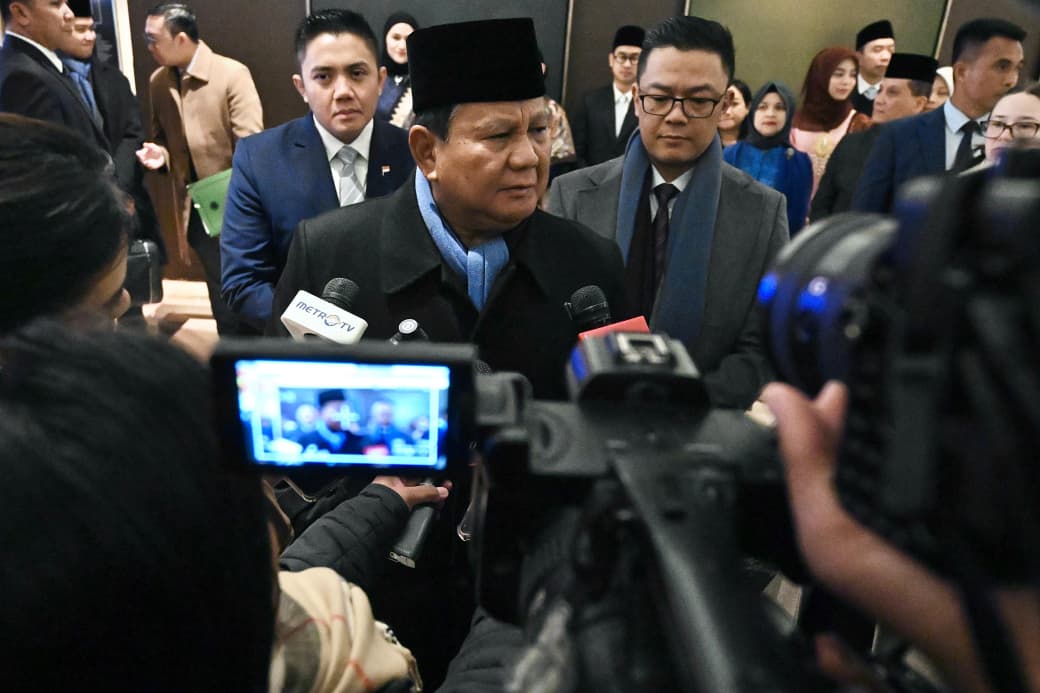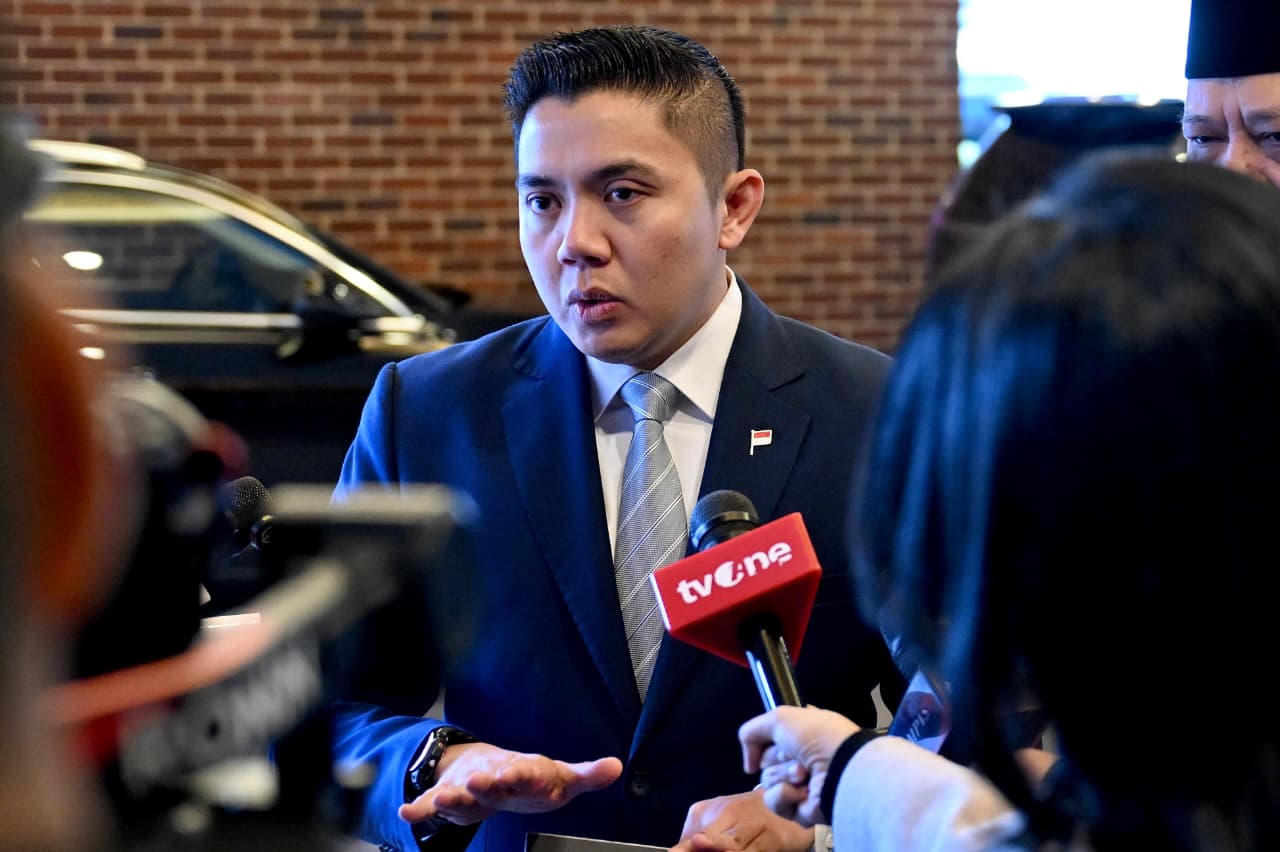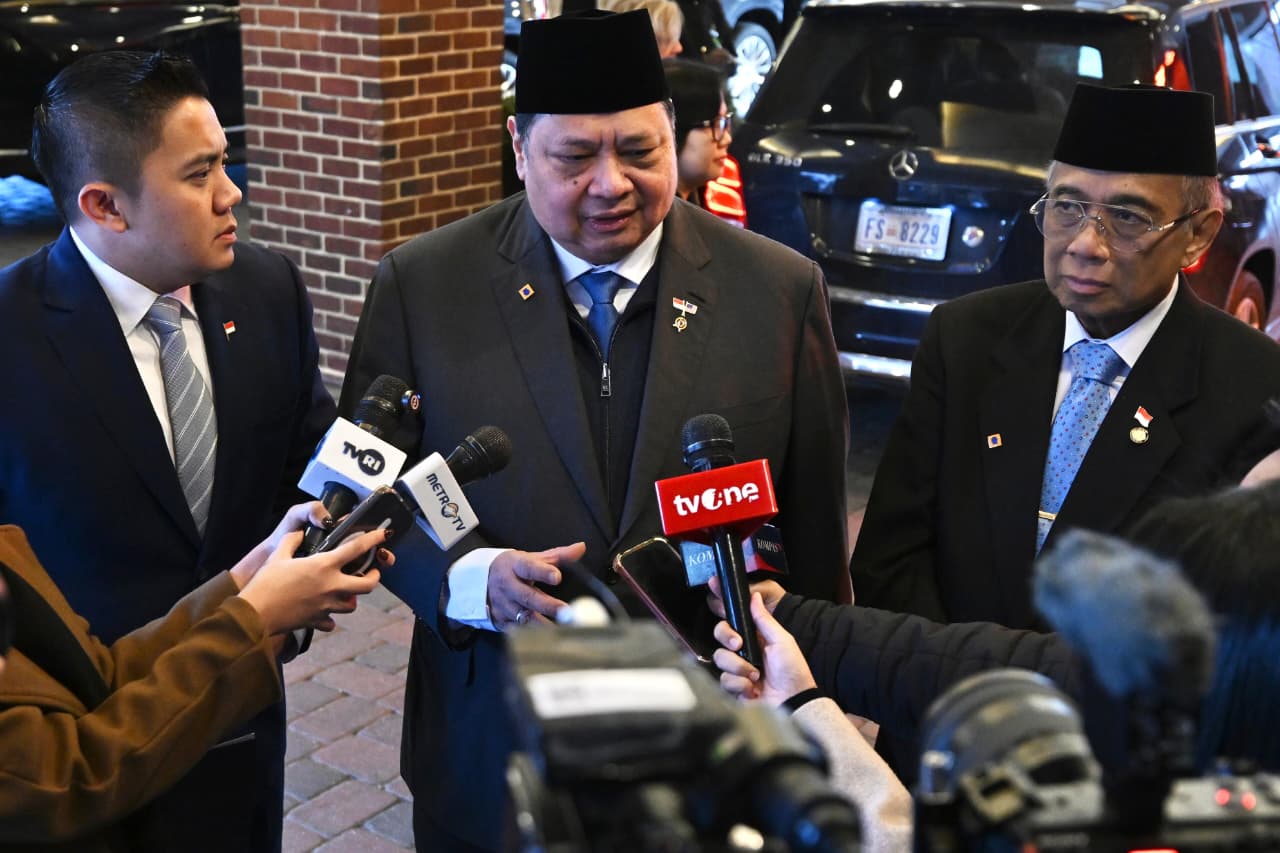World Bank: Indonesia Implements 7 Reforms to Improve EODB Rank
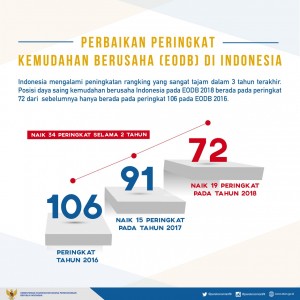 World Bank Country Director for Indonesia Rodrigo A. Chaves revealed the secret of Indonesias success to increase its rank of Ease of Doing Business (EODB). Indonesia, for 2018, is at rank 72 as mentioned in the latest report of World Bank Group titled Doing Business 2018: Reforming to Create Jobs. It jumps 19 ranks compared to the previous position in 2017, which was on 91th rank.
World Bank Country Director for Indonesia Rodrigo A. Chaves revealed the secret of Indonesias success to increase its rank of Ease of Doing Business (EODB). Indonesia, for 2018, is at rank 72 as mentioned in the latest report of World Bank Group titled Doing Business 2018: Reforming to Create Jobs. It jumps 19 ranks compared to the previous position in 2017, which was on 91th rank.
Indonesia has significantly made improvements in several sectors relating Doing Business. The country also adopted 39 indicators of Doing Business Reform over the past 15 years. In fact, Indonesia is one of 10 top reformers in the world , Chaves said in a press release on Thursday (9/11).
According to Chaves, during the past two years, Indonesia has done 7 reforms which is the highest number of reforms in a year. He also praises the Indonesian Government’s determination in improving business climate in Indonesia.
Continuation of the reform momentum and efforts to expand the reform to include openness as well as competition are keys to further stimulate the countrys private sector, Chaves added.
The Director also mentions the reforms implemented over the past year in Jakarta and Surabaya, the two cities covered by the report, as follows:
- Starting a business is made less costly, from previously 19.4 percent. to 10.9 percent of income per capita,
- The cost to obtain electricity is made less costly by reducing connection and internal wiring certification fees. The cost to obtain electricity connection is now 276 percent of income per capita, decreased from 357 percent. In Jakarta, since processing of applications for new connections is also more simple, getting electricity will be more easier.
- Access to credit is improved by establishing a new credit bureau.
- Trading across borders is facilitated by improving an electronic billing system for tax, customs and excise as well as non-tax revenue. As a result, the time for obtaining, preparing, processing, and submitting documents when importing decreased from 133 hours to 119 hours.
- Registering property is made less costly by reducting transfer tax. A a result, it reduces the total cost from 10.8 percent to 8.3 percent of the property value.
- Minority shareholder rights are strengthened by increasing shareholder rights, and their role in major corporate decisions, as well as enhancing corporate transparency.
Chaves further said that on Starting Business sector, Indonesia has done the most reforms over the last 15 years, which is eight reforms since 2003. As a result, to start a new business in Jakarta, it needs 22 days, compared with 181 days which mentioned in Doing Business Report 2004.
However, Chaves admits that the number of procedures to register new business in Indonesia is still high, around 11 procedures, compared to five prodecures implemented in high-income OECD economies.
Indonesia also makes significant improvements in Resolving Insolvency which is considered as the best achievement, Chaves added.
In 2013, the recovery rate was only 9.9 cents on the dollar. Today, the rate has jumped significantly to 65 cents, Chaves explained.
Lastly, Chaves suggested Indonesia to make improvement in the area of Enforcing Contracts. He mentions that the cost for resolving a commercial dispute through a district court in Jakarta has almost halved from 135.3 percent of the claim in 2003 to 74 percent now. It is still much higher than the average cost of 21.5 percent in the OECD high-income economies. (ES) (RAS/MMB/YM/Naster)





